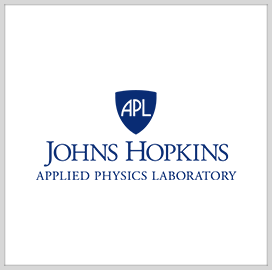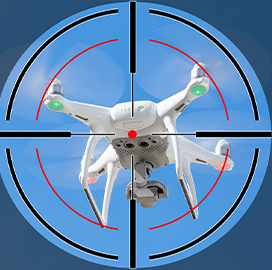
AI-powered solution
Johns Hopkins University APL Unveils AI-Powered Copilot Technology
The Johns Hopkins University Applied Physics Laboratory has created an artificial intelligence-powered copilot solution to help pilots control any aircraft.
Developed over three years, APL said that the AI-powered Virtual Intelligent Peer-Reasoning agent complements pilots’ abilities, acting as a situationally aware peer, a performant wingman and a cognitive support assistant.
VIPR is a unique technology as it comes with three significant accomplishments: the creation of recurrent conditional variation autoencoders, the use of graph neural networks to solve modeling adversary behavior and the development of a novel, advanced neural network, APL said.
John Winder, a computer scientist in APL’s Force Projection Sector and co-leader of the project, said that the VIPR will be similar to “the pilot-assisting droid from “Star Wars.” He added that the new AI-enabled solution offers support in maintaining situational awareness and tracking blind spots, among other crucial capabilities.
Exploring ways AI can improve existing processes is a main priority at the Department of Defense. In May, Air Force Secretary Frank Kendall, a past Potomac Officers Club event speaker and a 2024 Wash100 awardee, experienced first-hand how the Defense Advanced Research Projects Agency’s Air Combat Evolution program will benefit future aerial warfare.

Category: Future Trends




